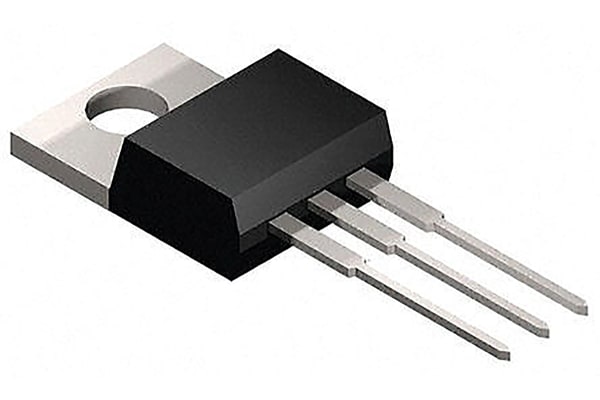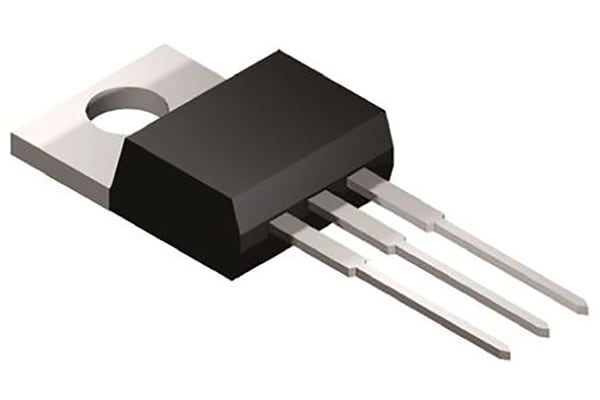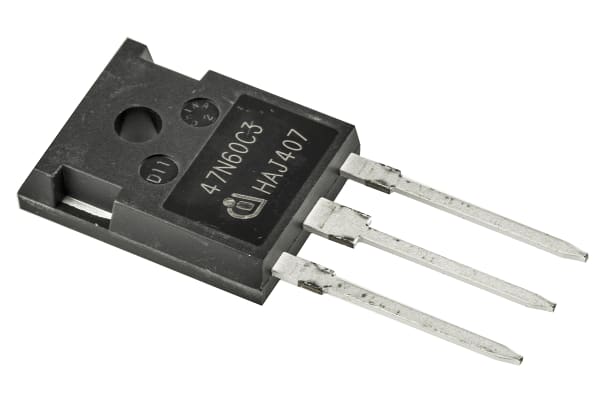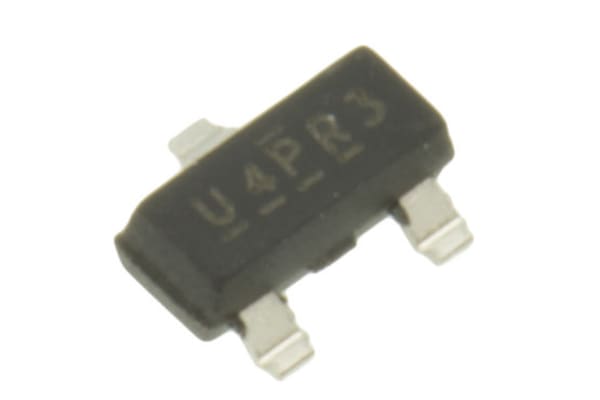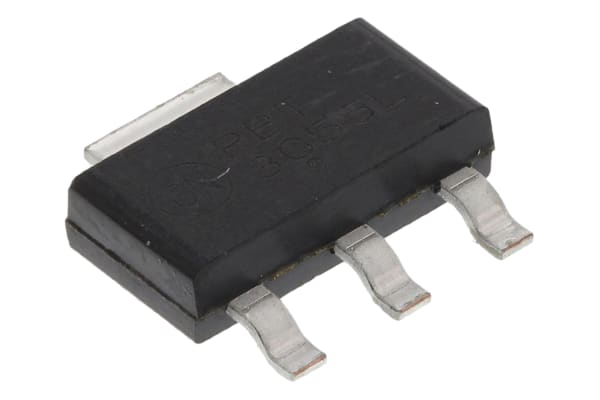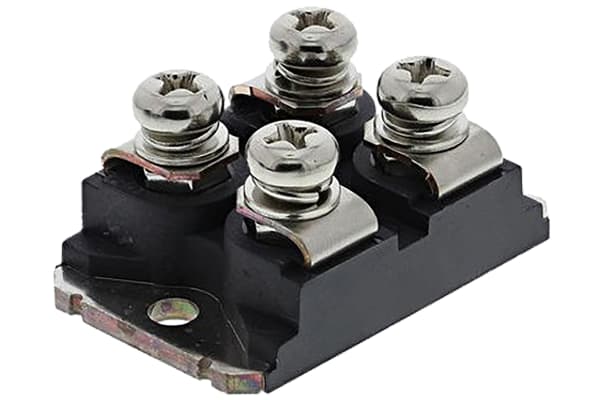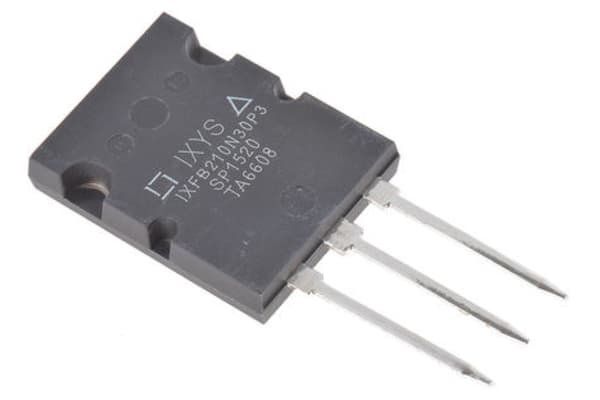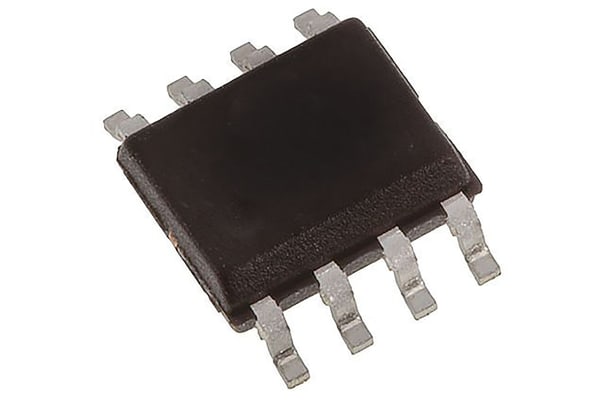MOSFETs
MOSFETs, also known as MOSFET transistors, stands for ’Metal Oxide Semiconductor Field-Effect Transistors’. MOSFETs are transistor devices which are controlled by a capacitor. The “Field-Effect” means that they are controlled by voltage. The aim of a MOSFET is to control the flow of the current passing through from the source to the drain terminals. It acts very similarly to a switch and is used for switching or amplifying electronic signals.These semiconductor devices are ICs (integrated circuits) which are mounted onto PCBs. MOSFETs come in a range of standard package types such as DPAK, D2PAK, DFN, I2PAK, SOIC, SOT-223 and TO-220. For more information about MOSFETs, please see our complete guide to MOSFETs.What are depletion and enhancement modes?MOSFET transistors have two modes; depletion and enhancement. Depletion MOSFETs work like a closed switch. The current passes through when no current is applied. The current flow will stop if a negative voltage is applied. Enhancement mode MOSFETs are like a variable resistor and are generally more popular than the depletion mode MOSFETs. They come in n-channel or p-channel variants.How do MOSFETs work?The pins on a MOSFET package are the Source, Gate and Drain. When a voltage is applied between the Gate and the Source terminals, current can pass through from the Drain to the Source pins. When the voltage applied to the Gate changes, the resistance from the Drain to the Source will change too. The lower the voltage applied, the higher the resistance. As the voltage increases, the resistance from the Drain to Source will decrease. Power MOSFETs are like standard MOSFETs but they are designed to handle a higher level of power.N-Channel vs. P-Channel MOSFETsN-Channel MOSFETs contain additional electrons which are free to move around. They are a more popular channel type. N-Channel MOSFETs work when a positive charge is applied to the gate terminal.P-Channel MOSFETS substrate contains electrons and electron holes. P-Channel MOSFETs are connected to a positive voltage. These MOSFETs turn on when the voltage supplied to the Gate terminal is lower than the Source voltage.
-
N-Channel MOSFET, 12 A, 500 V, 3-Pin TO-220 STMicroelectronics STP12NM50
VND3,750,238.52Tube (1 Tube of 50) -
N-Channel MOSFET, 57 A, 200 V, 3-Pin TO-220AB Vishay SUP57N20-33-E3
VND3,796,478.35Tube (1 Tube of 50) -
N-Channel MOSFET, 47 A, 650 V, 3-Pin TO-247 Infineon SPW47N60C3FKSA1
VND9,369,737.86Tube (1 Tube of 30) -
N-Channel MOSFET, 5 A, 30 V, 3-Pin SOT-23 Infineon IRLML6344TRPBF
VND9,481,257.45Reel (1 Reel of 3000) -
N-Channel MOSFET, 3 A, 60 V, 3 + Tab-Pin SOT-223 onsemi NTF3055L108G
VND10,170,251.84Reel (1 Reel of 1000) -
N-Channel MOSFET, 310 A, 150 V, 4-Pin SOT-227 IXYS IXFN360N15T2
VND12,631,842.79Tube (1 Tube of 10) -
N-Channel MOSFET, 210 A, 300 V, 3-Pin PLUS264 IXYS IXFB210N30P3
VND19,285,566.02Tube (1 Tube of 25) -
Dual N-Channel MOSFET, 3 A, 50 V, 8-Pin SOIC Infineon IRF7103TRPBF
VND29,690,573.92Reel (1 Reel of 4000) -
Dual N-Channel MOSFET, 36 A, 40 V, 8-Pin DFN onsemi NVMFD5C470NLWFT1G
VND43,059,534.00Reel (1 Reel of 1500)



